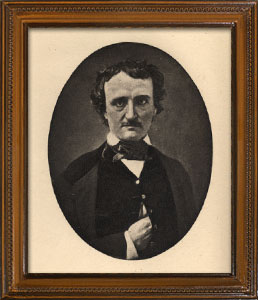
First of all, it was written by Margaret Atwood, who is quickly running up my list of favorite authors.
Second of all, it's a re-telling of The Odyssey by Homer, who Margaret Atwood still has to contend with on the tournament list of my favorites.
The Odyssey has long been a beloved book of mine. I love the language, the gentle sway of poetry, the everlasting quality of the story. My freshman year in college, I spent much of J-Term reading The Odyssey aloud with a friend of mine while he worked at the front desk. Buckwalter and I also read from it one summer in Thorson while trying to combat the humidity by holing up in the lovely limestone lounge. Suffice it to say, the book holds many memories for me between its passages.

Atwood focuses on the hangings of all of Penelope's maids at the end of the book. Her unrest over this execution breathes on every page of the book. Atwood even states in her foreword that she has always been troubled by why these girls had to die. To me the tale of the Odyssey is so deliciously blood-soaked anyway, I actually never really paid much attention to the ending of the maids. Especially since it's barely a footnote after the raw slaughter of the suitors...I may have still been heady with the rush of that carnage to care too much about the next stanza.
The striking point for me in Atwood's retelling was twofold: her depiction of Penelope creates a realistic, thoughtful and honest woman, straying slightly from the more love-torn crafty Penelope of the Odyssey; and Penelope tells her whole story from inside the Underworld, where she happens upon the suitors, arrows still sticking out of their throats, hubirs still dripping with certainty down from their necks with their thick blood.
Truly, there was no way I wouldn't have loved this book. Truly.










